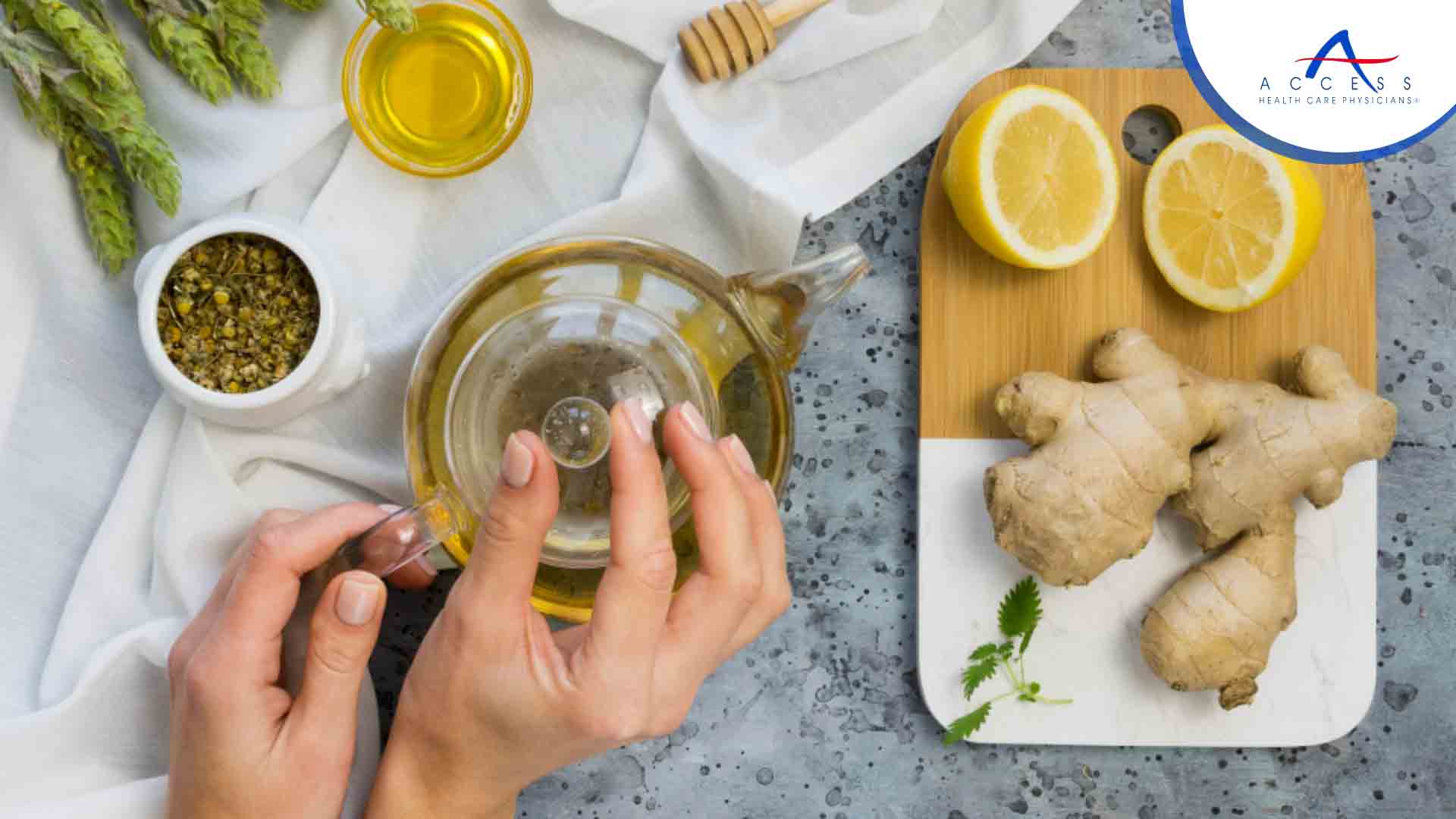Anxiety is a common occurrence in everyday life. Living in a chaotic world, it is almost inevitable.
Millions of individuals across the globe suffer from anxiety, a widespread mental health issue. Several factors, including stress, trauma, or heredity, can contribute to it.
But not all anxiety is harmful. It alerts you to potential threats, encourages you to maintain order and readiness, and helps in risk assessment. However, it's important to take action before anxiety spirals out of control.
Your quality of life may be significantly impacted by untreated anxiety. Many prescription drugs are available to treat anxiety, however, some people might prefer to employ natural methods to reduce their feelings of anxiety.
What Is Anxiety?
Your body's natural reaction to stress is anxiety. It's a sensation of worry or nervousness that may be brought on by a number of variables, including genetics, the environment, and even brain chemistry, according to researchers.
Common symptoms of anxiety include:
- Increased heart rate
- Rapid breathing
- Restlessness
- Trouble concentrating
It's important to remember that anxiety can manifest itself differently for various people. While one individual could feel that their stomach starting to lurch into somersaults, another person can experience panic attacks, nightmares, or terrible thoughts.
Having said that, there is a distinction between normal anxiety and anxiety disorders. It's one thing to feel apprehensive about something new or upsetting, but it can become a problem if your anxiety becomes unmanageable or excessive to the point where it interferes with your quality of life.
Natural Remedies for Anxiety
There are many different approaches to cure anxiety. There are both small and significant natural methods that may help manage anxiety if you want to take a more natural approach.
Simple changes to your eating, sleeping, and exercise routines can make a huge difference. You may even give something entirely new a try, like meditation or aromatherapy.
Everybody can find a natural technique that helps relieve anxiety, regardless of their lifestyle requirements.
1. Exercise
Exercise is an excellent natural remedy for anxiety. Releasing endorphins, which are organic mood enhancers, can be helpful in reducing stress and fostering emotions of well-being. Exercise additionally has the potential to reduce muscle stress and enhance the quality of sleep.
According to studies, regular exercise can help with anxiety symptoms just as well as prescription drugs. It doesn't matter what kind of exercise you perform as long as it gets your heart rate up and gets you moving. Any form of exercise, whether it be jogging, swimming, or yoga, can be advantageous.
2. Mindfulness Meditation
Using mindfulness meditation, you can unwind by concentrating all of your attention on the present. Encouraging relaxation and lowering negative thoughts, medication can help in the reduction of anxiety.
It might also improve your self-awareness and your capacity for stress management by engaging in mindfulness meditation. Regular mindfulness meditation has been found to be a successful anxiety treatment.
3. Aromatherapy
Essential oils are used in aromatherapy to encourage relaxation and reduce anxiety. Essential oils are concentrated plant extracts that can be applied externally or inhaled for a variety of purposes.
Due to its calming effects on the body and mind, lavender oil is one of the most frequently used essential oils for anxiety. Bergamot, frankincense, and chamomile are some other essential oils that are effective for treating anxiety.
4. Herbal Remedies
Anxiety can be effectively treated naturally with herbal therapies. The following are some of the most popular herbs for anxiety:
- Valerian root: This is a natural sedative that can help people sleep better and feel less anxious.
- Passionflower: Passionflower is a natural tranquilizer that can ease tension and encourage rest.
- Kava: A natural sedative that can ease anxiety, Kava fosters a sense of relaxation.
It's important to contact your healthcare provider before utilizing herbal medicines as they may interfere with prescription medications. You can visit the physician directory by Access Health Care Physicians to find one best suited for you.
5. Yoga
Yoga is a mind-body exercise that is known to reduce anxiety and tension. It combines physical movements with meditation and breathing techniques. By encouraging relaxation and easing tension in the body, yoga has been revealed to be helpful in the decrease of anxiety symptoms. Additionally, it can boost the quality of sleep and increase emotions of well-being.
6. Chamomile Tea
Chamomile tea is a natural remedy that can help promote relaxation and reduce anxiety. Chamomile contains an antioxidant called apigenin, which has a calming effect on the body and mind. Drinking chamomile tea before bed can also help improve sleep quality.
7. Omega-3 Fatty Acids
Foods like fatty fish, nuts, and seeds include omega-3 fatty acids, which are necessary fats. They have been proven to improve mental health, which includes easing anxiety symptoms. Studies have shown that Omega-3 fatty acid supplements help alleviate anxiety symptoms and elevate mood.
8. Journalling
You can examine your most profound emotions through journaling. We often shove our biggest problems to the back of our brains. Writing is a useful tool for bringing about these thoughts forward so we can better comprehend them. Many people, including those with serious medical illnesses and stressed-out students, have reported feeling less anxious after using this technique.
Knowing that you have some resources to help you stay cool and collected no matter what happens throughout your day will make it easier for you to make the most of it. It is also important to stay in touch with your family doctor during such periods. Knowing your medical history they can spot symptoms you may miss and get you on the right plan.


